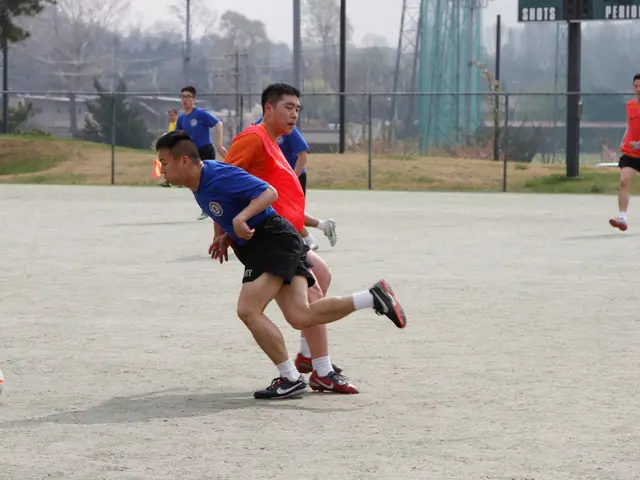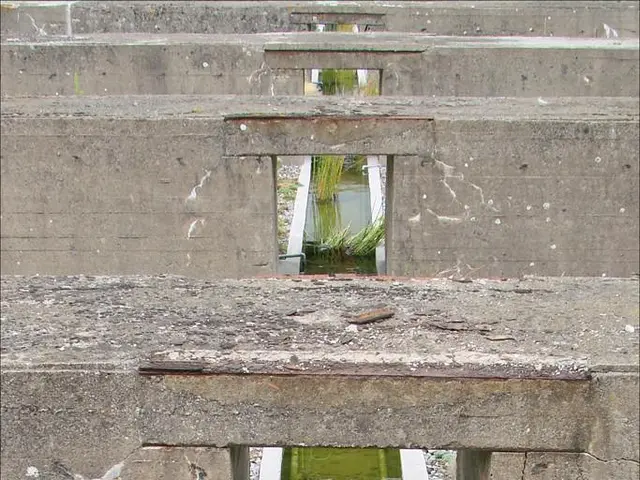Human Activities in Farming Lead to Weakened Bone Integrity
Boy, it's wild how our ancestors lived way back when, eh? For most of our history, survival was all about moving and grooving, hunting, gathering, and enduring the physical demands of a nomadic lifestyle. But then we started farming, and that changed everything. Agriculture revolutionized civilization, allowing us to stay put and thrive, but it might've had an unintended consequence: our bones became significantly lighter and weaker.
A study from the University of Cambridge seems to back this up, suggesting that the shift from foraging to farming caused a decline in human bone mass by about 20%. That's right, girl, our bones are softer than an orangutan's these days! This discovery challenges long-held assumptions about human evolution and health, suggesting that physical activity plays a crucial role in bone strength.
The researchers analyzed thousands of years of human skeletal data, looking at femur bones from different time periods. And guess what? Hunter-gatherers from 7,000 years ago had significantly denser, thicker, and more durable bones than farmers from 1,000 years ago. Yikes, right? It's all about moving that body, people!
The study also found that early humans had a higher ratio of bone to air, meaning their skeletal structure was built to withstand heavy loads and constant movement. In other words, our bones were adaptable and grew stronger through the stress and strain of daily life. So much for the notion that our bones are solely determined by genetics or diet!
This research has massive implications for modern health. Inactivity is at an all-time high, with many of us spending the majority of our days sitting at desks or in cars. If our bones have been weakening for thousands of years, imagine what that means for us today.
But fear not, my friends! The good news is that physical activity, especially weight-bearing exercise, can help prevent bone loss and reduce the risk of fractures and osteoporosis. So get up, move more, lift heavy things, and keep those bones strong!
Let's take a tip from our ancient, badass hunter-gatherer ancestors and remind ourselves that our bodies were built for movement. In today's world of convenience and automation, the real challenge is ensuring that we don't let our bones become weaker than ever before. There's power in movement, people, so don't let modern life take that away from you. Stay strong!
- Science has proven that our bones have significantly weakened over time due to a shift from a nomadic lifestyle to agriculture, as supported by a study from the University of Cambridge.
- Our bones were made adaptable and grew stronger through the stress and strain of daily life in ancient times, contrary to the notion that our bones are solely determined by genetics or diet.
- The discovery challenges long-held assumptions about human evolution and health, suggesting that physical activity, particularly weight-bearing exercise, plays a crucial role in bone strength.
- Inactivity is at an all-time high in today's modern world, with many of us spending the majority of our days sitting, making it essential to prioritize fitness and exercise to prevent bone loss and reduce the risk of fractures and osteoporosis.
- The implications for modern health are massive, as the study revealed that our bones have been weakening for thousands of years, so it's crucial to maintain a health-and-wellness routine that includes exercise and nutrition to protect our cardiovascular health, reduce the risk of chronic diseases like chronic kidney disease and cancer, and promote fitness and exercise to age gracefully.
- As our ancestors had badass bodies built for movement, let's take inspiration from their active lifestyle and prioritize sports and exercise in our daily routines to maintain strong bones and live a healthier life.








